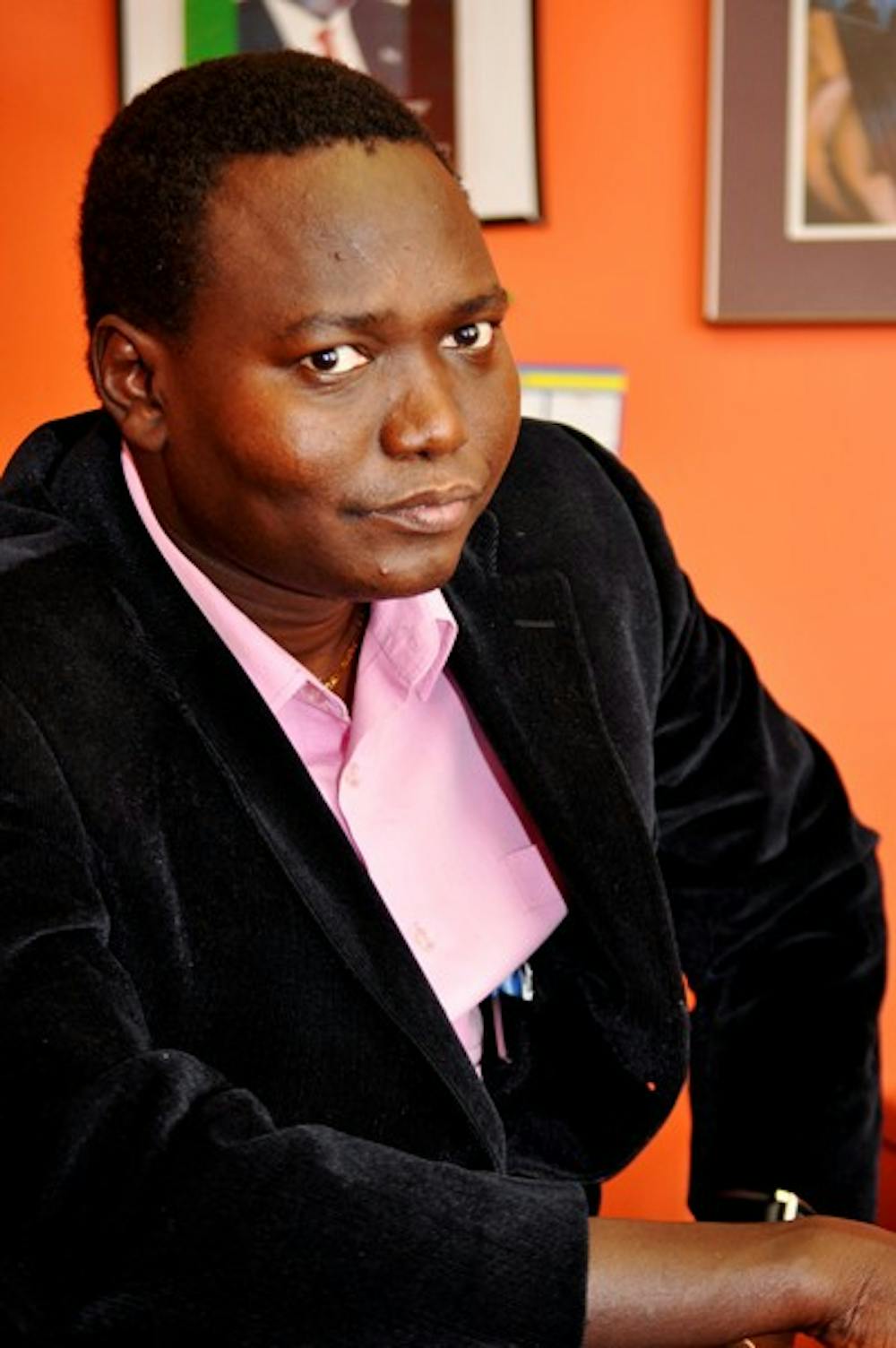In a time when unity is called for, many southern Sudanese in Arizona rejoice with the news of secession.
The Southern Sudan Referendum Commission reported 99 percent of southern Sudanese people voted for their region’s independence in the Jan. 9 referendum. The vote decided whether the region should secede from the northern part of Sudan or stay unified after decades of conflict that killed roughly 2.5 million people.
Registered southern Sudanese voters in eight countries, including the United States, were included in the voting process, which was organized by the International Organization for Migration.
Phoenix was one of eight polling sites in the U.S. because of its large Sudanese population, estimated at 5,000 by William Pay Tuoy-Giel, president of the Sudanese Community Association of Arizona.
Phoenix had 903 registered voters and 99.3 percent voted for secession, Tuoy-Giel said.
AZ Lost Boys Center, a refugee and community center that opened in 2003, was a site of celebration on the voting day, with ethnic dancing and singing, said Kuol Awan, executive director of the center and an ASU graduate student in social justice and human rights.
Awan said the election was “very historic and interesting.” Many southern Sudanese, especially the Lost Boys, have never voted in an election before.
The center helped provide voting education and advocacy information for community members.
“War had been going on for almost 50 years before I was born,” he said. “All things we’ve been fighting for are coming to an end with the independence of South Sudan.”
“The mood was like an independence day, not even a voting day,” said Global studies junior Mario Okel, who came to the U.S. in 1999 under political asylum.
It was his second time voting; the first was for President Barack Obama.
Southern Sudan has been operating independently for six years under an interim government after the signing of the Comprehensive Peace Agreement, or Naivasha Agreement, in 2005 between the Sudanese government and the Sudan People’s Liberation Movement. The 2011 referendum for southern independence was a part of that deal.
Tuoy-Giel said the Naivasha Agreement didn’t work out because certain things southerners demanded were not accepted by the Khartoum government, such as the removal of religion from public life and policies that deemed Sudan an Arab state instead of an African one
Though Juba has been identified as the capital, there are still many important issues for South Sudan to address before its official independence day on July 9.
“The issue of citizenship is a big issue,” Tuoy-Giel said, as many people have one parent from the South and one who lives in the North. Borders, international debt and the division of resources between the North and South also need to be settled.
Abdullahi Gallab, assistant professor of African and African American Studies and Religious Studies at ASU, said while religious differences between the North and the South are most frequently highlighted in the news, the conflict is much more complex and complicated than that.
“I don’t call it a civil war,” he said. “It’s a war of marginalized places against injustices of a state that’s not listening to them.”
He said unity could’ve been possible if it wasn’t for the lack of consultation with the South during the Naivasha Agreement.
“If you have a regime that doesn’t recognize your humanity or citizenship, why should you stay?” he said.
Gallab couldn’t vote in the referendum because he is from northern Sudan, but he called writing articles against the central Khartoum government his own way of voting.
One big question is whether Sudanese immigrants will now return to their country and help offer their skills to build South Sudan’s infrastructure.
Okel said he would like to go back and work as a human rights advocate in Sudan or anywhere in Africa after graduation.
Awan said he’d also like to go back at some point, but uprooting his family to move to South Sudan would be a lot of work.
“We don’t have the same technology, hospitals if you get sick ... people have to look at that,” he said, but he sees a positive life in South Sudan’s future.
The current political instability of North Africa and the Middle East could possibly add more conflict to the young country’s already long to-do list.
“The winds of change are blowing, not only for Africans alone, but all over the place,” Gallab said.
Reach the reporter at naberra@asu.edu





